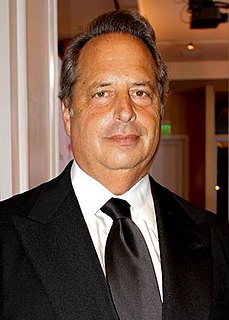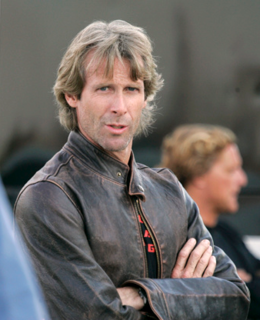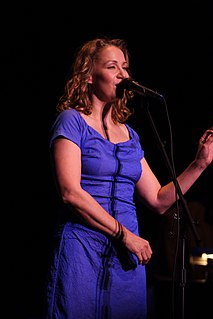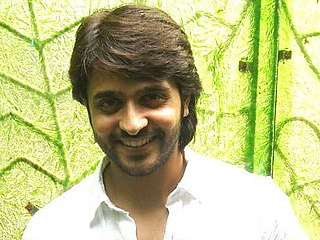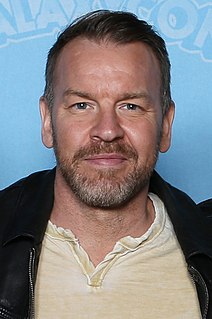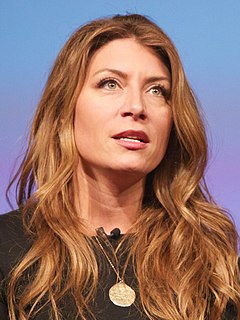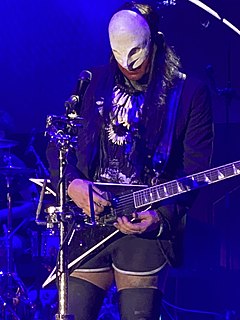A Quote by Jenna Elfman
Playing in front of an audience was just such a turn-on for me, and you have 200 people in the audience and it's like doing live theater. And filming something that goes to millions of people several weeks later, it's an interesting dynamic.
Related Quotes
I always tell that to young people - go to college, do theater, work with an audience. Don't try to learn how to act in front of millions and millions of people. Don't make that your first ambition, to be on a sitcom or get into the movies. Learn who you are as an actor, and the best way to do that is to do it in front of an audience.
I do think - I always tell that to young people - go to college, do theater, work with an audience. Don't try to learn how to act in front of millions and millions of people. Don't make that your first ambition, to be on a sitcom or get into the movies. Learn who you are as an actor, and the best way to do that is to do it in front of an audience.
We were in front of a live audience and I would be acting with the man who was playing my lover, and we used those words, and the audience would titter and laugh, and make me uncomfortable doing the scenes. ... I wanted to sort of stop and yell at them, "What's so funny? What's the matter with you people? Grow up!" It made me very self-conscious at times.
What I love most about playing in front of people has something to do with a certain kind of energy exchange. The attention and appreciation of my audience feeds back into my playing. It really seems as if there is a true and equal give and take between performer and listener, making me aware of how much I depend on my audience. And since the audience is different every night, the music being played will differ too. Every space I performed in has its own magic and spirit.
Even if I'm doing a show and there's five people in the audience and the sound system is terrible - I mean, it's been a while but I've certainly done those kind of shows where it's just every conceivable thing is against you - you still have music. It's still something that's real whether there's five people in the audience or a hundred thousand people in the audience. And that's always been there for me.
I truly think a long career is to keep the audience guessing and not being able to be boxed, and for me, I'm not hell-bent on playing the lead in things as long its an interesting character with phenomenally talented people, and it's a script that I feel is genuinely innovative, creative, and potentially interesting for an audience.


